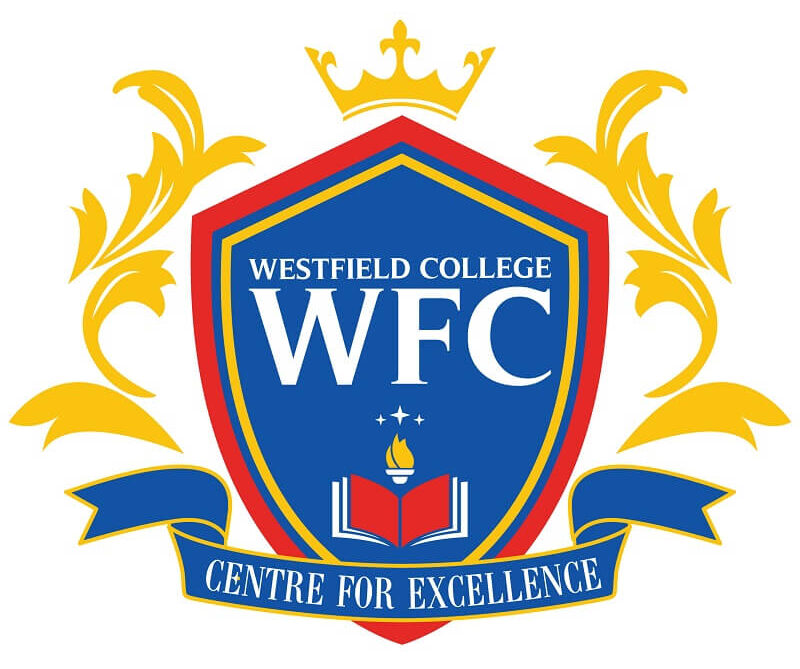Communication in Health and Social Care. Great Course. Very Easy to Understand
BA (Hons) Creative and Therapeutic Arts

BA (Hons) Creative and Therapeutic Arts
Overview:
If you’re passionate about expressive arts and believe in the potential for creative practices to improve wellbeing, the Creative and Therapeutic Arts degree provides the opportunity to develop your future practice in community and educational settings.
Whether you’re interested in fine art, design, craft or creative community engagement, the Creative and Therapeutic Arts course encompasses a wide variety of creative disciplines. You’ll be taught by experts at the forefront of the creative and therapeutic arts workforce, who will provide you with an excellent platform to gain experience of working creatively with others.
The Creative and Therapeutic Arts degree has three distinct areas of study – art practice, professional practice placement, and theoretical input. You’ll be encouraged to make meaningful connections between each core subject to become a creative arts practitioner.
Typical A-Level Offer
BCC to exclude General Studies and normally include A Level Art, an Art & Design Foundation Diploma or a relevant background (this is equivalent to 104 UCAS tariff points).
Typical Welsh BACC Offer
Pass the Advanced Welsh Baccalaureate Diploma with Grade C/B in the Skills Challenge Certificate and BC – CC at A Level, to exclude General Studies, and normally include A Level Art, an Art & Design Foundation Diploma or a relevant background (this is equivalent to 104 UCAS tariff points).
Typical BTEC Offer
BTEC Extended Diploma Distinction Merit Merit and normally include an Art subject or an Art & Design Foundation Diploma or a relevant background
Typical Access to HE Offer
Pass the Access to HE Diploma with a minimum of 104 UCAS tariff points in an Art related Access or hold an Art & Design Foundation Diploma or a relevant background.
Additional Requirements
GCSEs: The University normally requires a minimum 5 GCSEs including Mathematics/Numeracy and English at Grade C or Grade 4 or above, or their equivalent, but consideration is given to individual circumstances.
Online application form
Information requested on this form should be completed in as much detail in order to process your application successfully. All fields marked * must be completed.
Apply Now
Entry Requirements
Contextual offers
We may make you a lower offer based on a range of factors, including your background (where you live and the school or college that you attended for example), your experiences and individual circumstances (as a care leaver, for example). This is referred to as a contextual offer and we receive data from UCAS to support us in making these decisions. USW prides itself on its student experience and we support our students to achieve their goals and become a successful graduate. This approach helps us to support students who have the potential to succeed and who may have faced barriers that make it more difficult to access university. Here is a link to our Contextual Admissions Policy.
Other qualifications and experience
We can also consider combinations of qualifications and other qualifications not listed here may also be acceptable. We can sometimes consider credits achieved at other universities and your work/life experience through an assessment of prior learning. This may be for year one entry, or advanced entry to year two or three of a course where this is possible.
To find out which qualifications have tariff points, please refer to the UCAS tariff calculator.
If you need more help or information or would like to speak to our friendly admissions team, please contact us here
WHAT YOU WILL STUDY
Year One: Creative and Therapeutic Arts Degree
Your first year focuses on building a creative learning community among your fellow students to support you throughout your studies. You’ll work independently and collaboratively, sharing knowledge and constructively critiquing each other’s work. You’ll also engage in an intensive project of professional engagement and training. This will culminate in expressive arts workshops in the community through collaborative working.
- Art (1)
- Professional Practice (1)
- Creativity and Wellbeing: Theoretical Underpinnings
- Academic Skills for Inclusive Practice
Year Two: Creative and Therapeutic Arts Degree
In the second year, you’ll have opportunities to diversify. Theoretical modules offer insight into a range of specialist contexts and ideas on how to work creatively within these, as well as exploring the nature of collaboration and participation. This learning is developed, applied and assessed while you work creatively and therapeutically on a placement.
- Art (2)
- Professional Practice/Placement (2)
- Working Creatively to Facilitate Wellbeing
Year Three: Creative and Therapeutic Arts Degree
The final year provides scope for you to hone your identity as a creative arts practitioner. You’ll learn about the importance of evidence-based practice and evaluation, and refine your chosen specialist area through further placement opportunities in community, education and health settings. This year ends with a graduate exhibition, which has a keen focus on the therapeutic and inclusive potential of this practice.
- Art (3)
- Critical Reflection of Therapeutic Principles
- Evidence-based practice
- Professional Practice/Placement
Teaching
You will take part in collaborative classes, workshops and lectures as well as learning through work-based placements in a range of community, educational and health settings.
Find out more about our current research into learning disabilities and developmental disorders.
Assessment
Assessment methods on the course are varied and are typically coursework and practical in orientation. Assessment consists of coursework, essays, peer presentations, creative and therapeutic peer workshops, independent study and professional work on placement.
There are no examinations within the Creative and Therapeutic Arts programme.
COURSE DETAILS
Employment opportunities exist within education, health and the third sector, including community arts projects.
This Creative and Therapeutic Arts degree is a potential pathway to postgraduate study, including the MA Art Psychotherapy leading to Health and Care Professions Council (HPC) registration as an Art Psychotherapist. Students have also progressed to the MA Arts Practice (Arts, Health and Wellbeing) as well as developing their own companies and freelance practices.
Our Careers and Employability Service
As a USW student, you will have access to advice from the Careers and Employability Service throughout your studies and after you graduate.
This includes: one-to-one appointments from faculty based Career Advisers, in person, over the phone or even on Skype and through email via the “Ask a Question” service. We also have extensive online resources for help with considering your career options and presenting yourself well to employers. Resources include psychometric tests, career assessments, a CV builder, interview simulator and application help. Our employer database has over 2,000 registered employers targeting USW students, you can receive weekly email alerts for jobs.
Our Careers service has dedicated teams: A central work experience team to help you find relevant placements; an employability development team which includes an employability programme called Grad Edge; and an Enterprise team focused on new business ideas and entrepreneurship.
Additional Costs
As a student of USW, you’ll have access to lots of free resources to support your study and learning, such as textbooks, publications, online journals, laptops, and plenty of remote-access resources. Whilst in most cases these resources are more than sufficient in supporting you with completing your course, additional costs, both obligatory and optional, may be required or requested for the likes of travel, memberships, experience days, stationery, printing, or equipment.
CAREERS
Students graduating from the BA Counselling and Therapeutic Practice course have the opportunity to access Postgraduate courses on offer at the university to further their studies.
The combination of a broad range of information relating to counselling across the lifespan and a range of placement opportunities means that students graduate with a wealth of knowledge and experience, which can be applied to a wide range of career opportunities as well as to counselling more specifically.
We encourage students to consider working in different fields which can utilise their knowledge and skills to improve access to mental health support more widely. These might include Schools Based Counsellors, Primary Mental Health workers, Mental Health Managers, Mental Health Trainers/advisors, Prison/Probationary service counsellors and working for an NGO.
Fees
Full time
- 12 to 18 months
£7,250
You’ll study 9 modules in total (approx. 37 hrs/week).
Part time option one
- 12 to 18 months
£4,250
You’ll study 6 modules per year (approx. 25 hrs/week).
Part time option two
- 12 to 18 months
£5,500
Have a question about our professional qualifications?

Contact us about our professional qualifications
If you have any questions about our professional qualifications in finance and banking, please contact our customer services team.
Call us
- +44 (0) 203 771 5653
- admissions@westfieldcollege.co.uk
What Our Students Have To Say
Hi, I recently started Access to Higher Education Diploma (Nursing and Midwifery) course with Westfield College.
--Komal Kiran Galaria
DesignerMy experience with Westfield College is great. The supervisor and the admin team are proactive and efficient.

